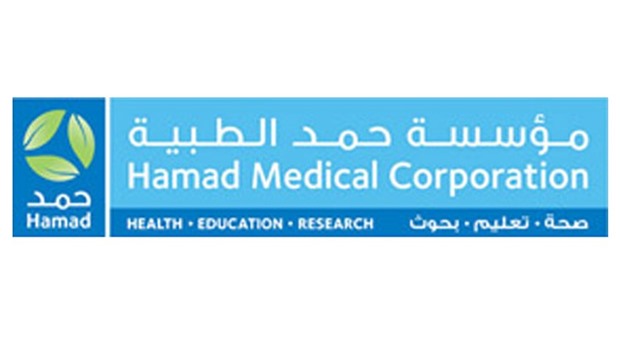Patients with existing heart problems should pay attention to the amount of salt they consume during Ramadan, according to Hamad Medical Corporation (HMC) nutrition supervisor Ghazi Dararkeh.
“High salt consumption is a major threat as it leads to high blood pressure and increases thirst. Raised blood pressure can lead to water retention and can also negatively affect heart health,” said Dararkeh.
He also warned people to show restraint while eating Arabic sweets such as pastries, including Ktaev, Kunafa and Ghoriba, as they contained large amounts of sugar and fat.
According to Dararkeh, heart patients during Ramadan should avoid eating too much of high-fat food, which could damage the arteries by depositing harmful low-density cholesterol, partially or fully blocking them and causing various types of clots.
They may consume a diet that is healthy for the heart. For example, they can eat fish instead of red meat because fish does not contain harmful fats. Instead, it contains a healthy fat called Omega 3, which is important for a healthy heart and the arteries.
They may also use good vegetable oils such as olive oil as it contains Omega fats, which are good for the arteries. They should also eat vegetables and fruit on a daily basis – fresh or cooked – because they contain many vitamins and minerals and high amounts of fibre.
Heart patients are also advised to eat brown bread instead of white and carry out light exercise, such as walking, every day before breakfast for up to an hour to stimulate blood circulation and help maintain a healthy weight. “Ramadan can be a challenging time for many people, as their usual eating routine changes significantly. It is important for patients with heart conditions to carefully plan the food consumed to ensure they enjoy a healthy Ramadan,” said Dararkeh.

hmc
